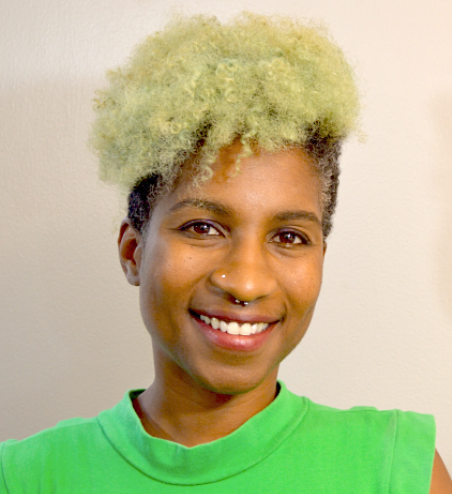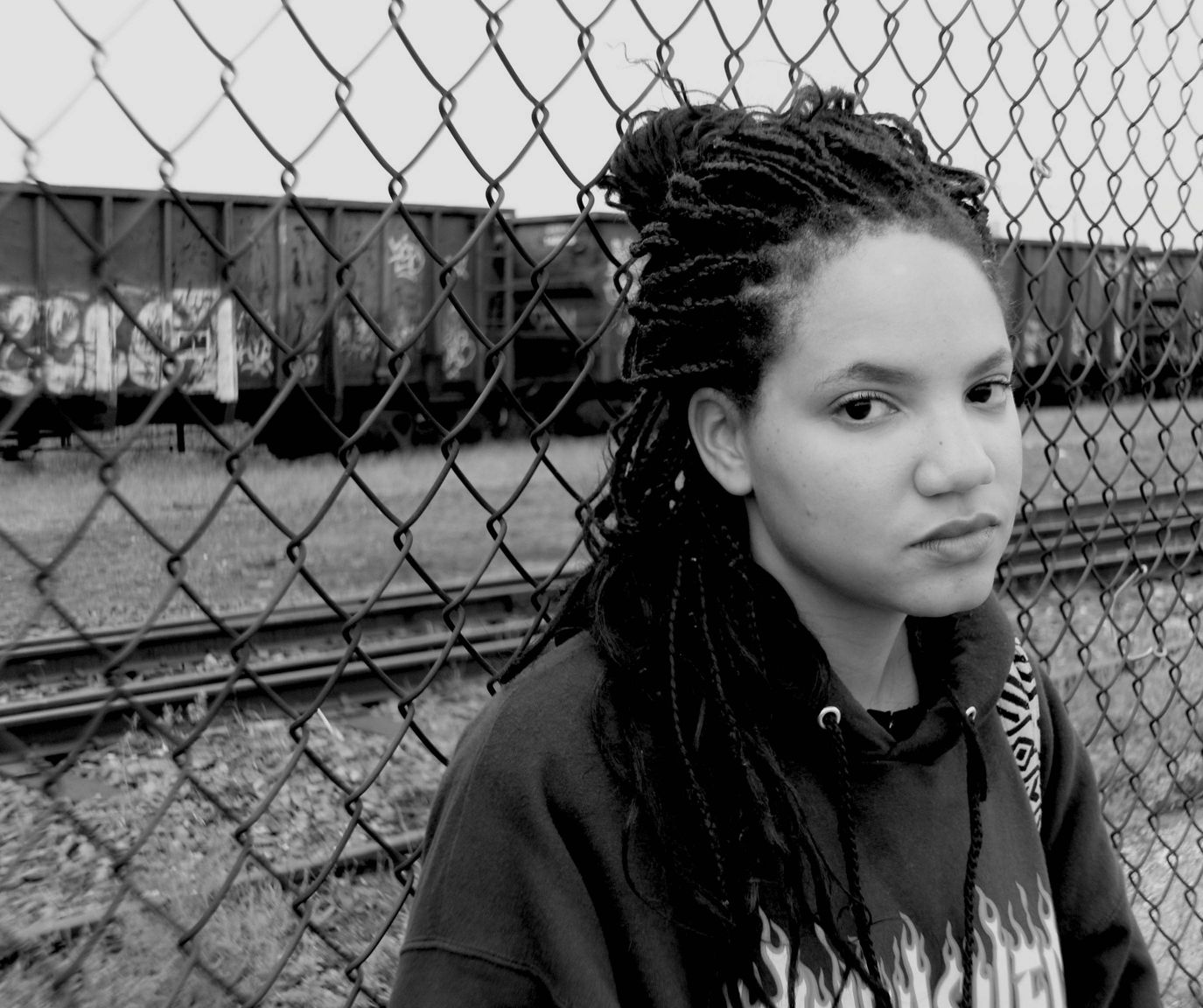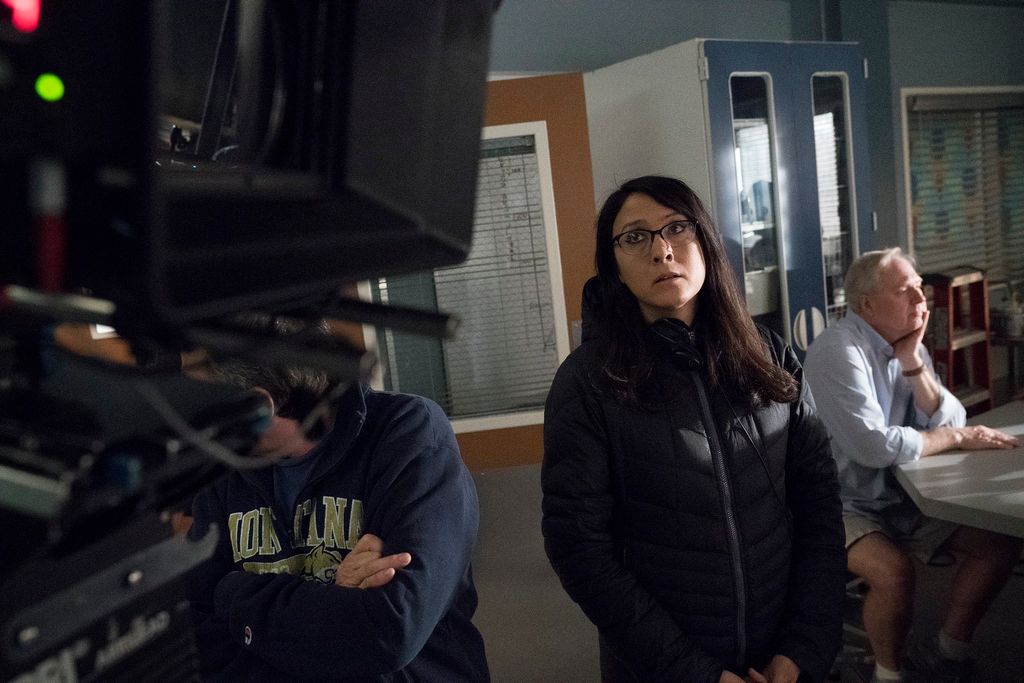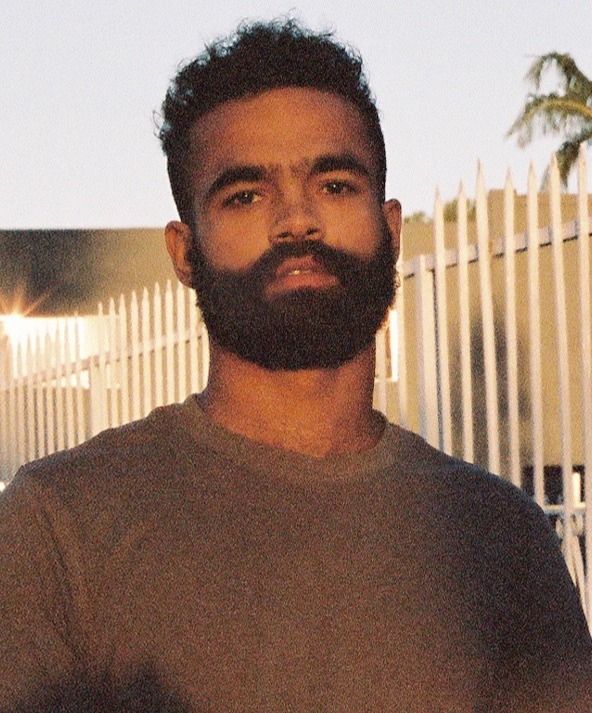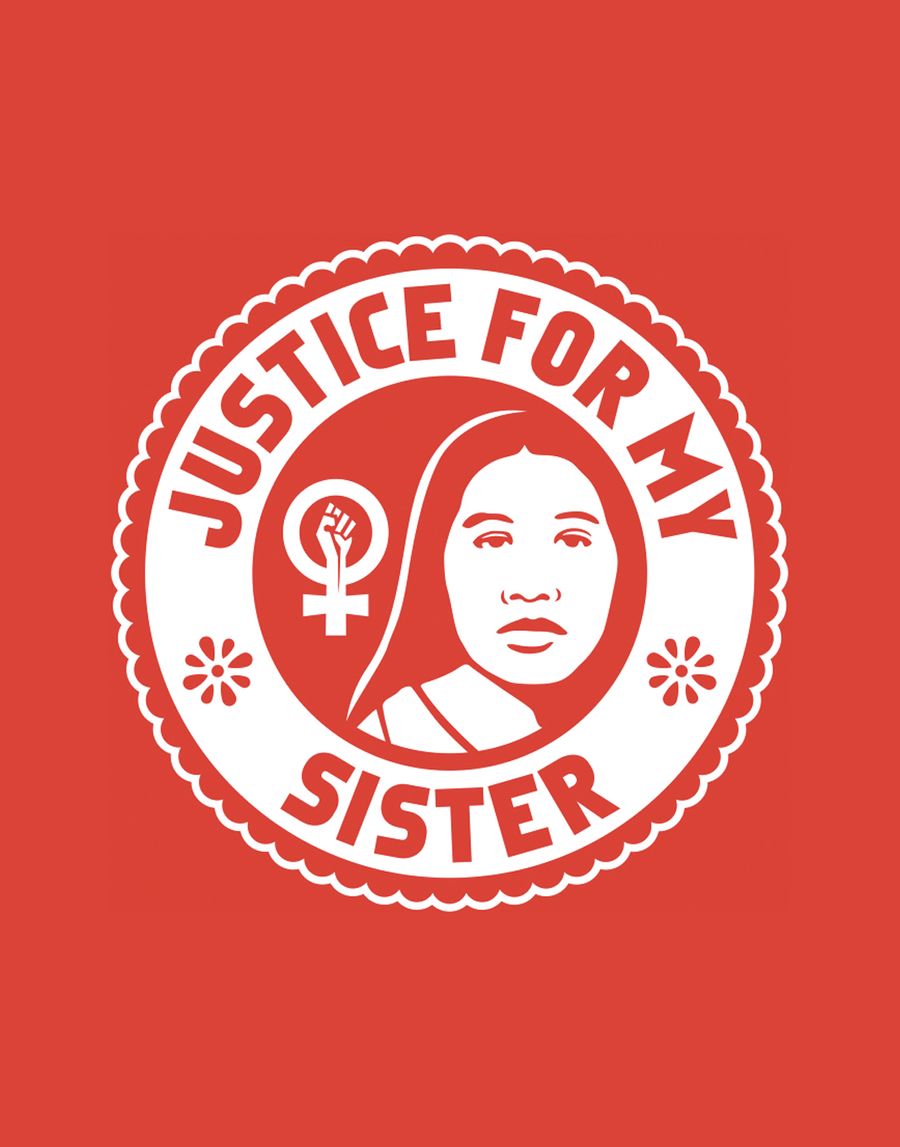Everyone has a coming of age story that helped them get through those rough teen years. But relatively few movies detail what it’s like to come of age as a woman of color. Screenwriter and director Tchaiko Omawale recognized this issue, and with a lot of support and determination, eventually made a short and a feature of her own.
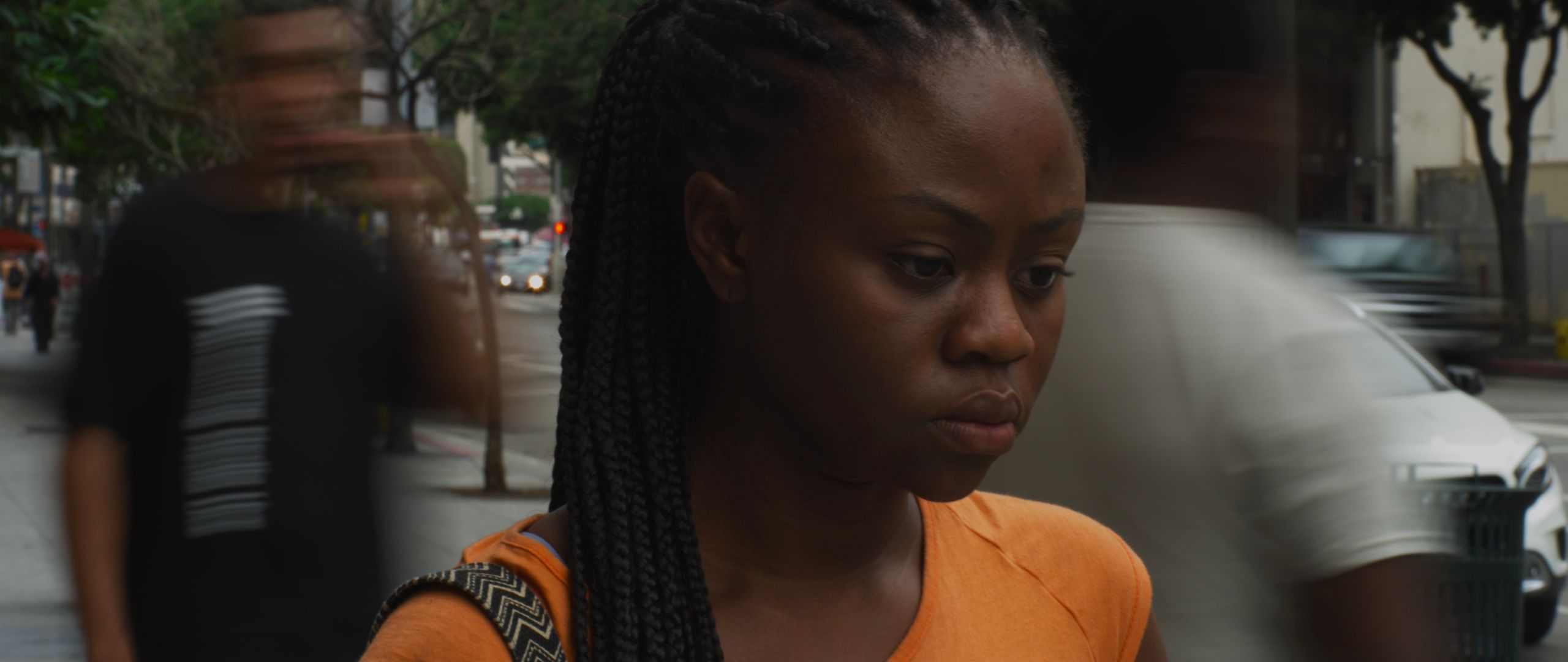
The short is called “Solace,” and it details the journey of a young black woman who idolizes her seemingly perfect co-worker. But, the young woman finds out that perfect is not what it seems. What separates the short film from other coming of age stories is how it boldly touches on eating disorders, body dysmorphia, and self harm.
After taking the short through the festival circuit in 2012, Tchaiko beat the odds and made a feature of the same name that premiered at the Los Angeles Film Festival and was released this year.
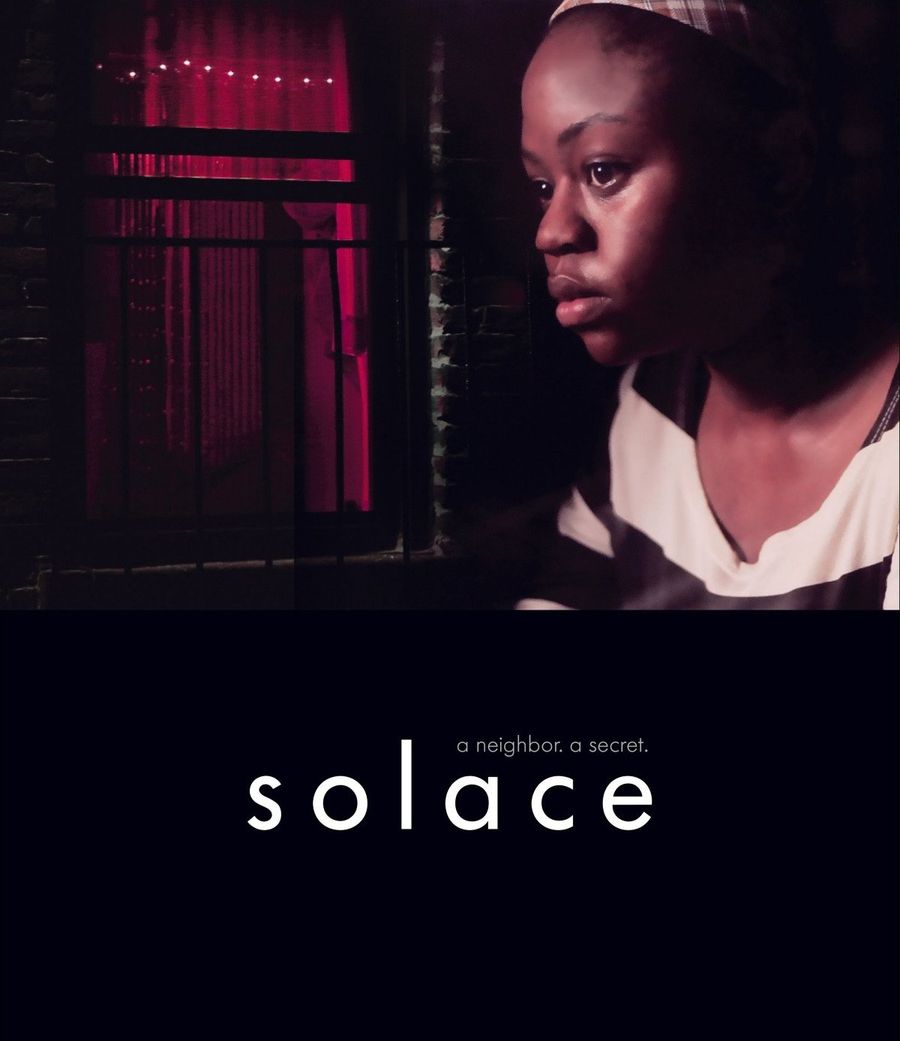

"…Tchaiko Omawale’s film Solace. It's a movie about a black girl dealing with body dysmorphia and eating disorders. [This film] needs as much marketing as Ladybird. Like any other coming of age movie."
-Terence Nance
The feature expands on the themes of the short and brings viewers on a journey through the life of a 17-year-old who must live with her estranged grandmother as she copes with a hidden eating disorder and an entirely new social landscape. While the short and the feature are specifically about the coming of age journey of a black woman, the larger universal message can strike a chord with anyone. At its core, Solace is about the cacophonous pressures that we deal with while growing up, and the unique places where we can find solace from it all.
As remarkable as Tchaiko’s accomplishments have been, her journey didn’t come without many challenges. Considering how she managed to do it all without a traditional film school background and a multimillion-dollar budget, there’s definitely a few things that we can learn from her experience.

Here are tips that Tchaiko has to give about taking the grassroots approach and making a movie with a limited budget:
“Every year I did a fundraiser.”
Tchaiko Omawale: The first kickstarter was promoted by Chelsea Peretti on her podcast. A lot of my friends and family, and people pitching in small amounts added up to what I raised. I did Indiegogo next, and then after that I did a fundraiser at Creative Visions that didn't really yield any money. But through doing that fundraiser and being active on social media, I befriended Lisa Meacham, who introduced me to Roxanne Gay. In 2017, Roxanne, Franklin Leonard and I did a fundraiser that was a conversation about food, black body, and trauma. That’s where I got the sort of last bit of support to picture lock this film. And it got free BSX.
“Filmmakers want all of the following: critical acclaim, money, and a career jumpstart. But, it's helpful if you choose one of those things so that all your decisions (for festivals, who you work with, etc.) are all focused on this goal.”
I went to the IFP Narrative Lab, and the leader, Amy Dockson, talked about seeing the goal for your first feature. For me, my goal was a career jumpstart. I have to remind myself of what I did get out of Solace. I have a really awesome agent that is setting me up with really great meetings. And I directed my first TV episode this year. Career-wise, Solace was successful in its intent. I think the biggest impact that this film has had on my life is how I gained respect from other black directors and artists who I respect—Ja'Tovia Gary, Nuotama Bodomo. That is amazing.
“You need people who will still stick around and won’t quit when things get really hard.”
Do it with people that you know and trust, because when you're making a feature, it's so different from a short. A feature is much longer, and so if people aren't getting paid their rate, you really need people who believe in you. Find a really great producer, DP, cast, and sound person. I don't know anyone who does sound for free or as a favor. I feel like once you have those key roles, then you can shoot a film. Keep it small and keep it nimble, and focus on how you can get creative with what you have. Don't shoot a film that needs a million dollars for $20,000. Shoot a $20,000 film and find the creative language that $20,000 offers you.
All in all, Tchaiko’s story reminds us to speak our truth at all costs and to make the stories that matter to us. You can watch the short film that started it all on Amazon Prime. The full, feature-length film is also available on Amazon Prime, iTunes, Youtube, and more. For more about the film, visit the film’s website here.
